Man arrested in Scotland is missing US fugitive Nicholas Rossi, court rules
Edinburgh court says rape suspect’s claims are ‘scandalous’ and ‘entirely fanciful’
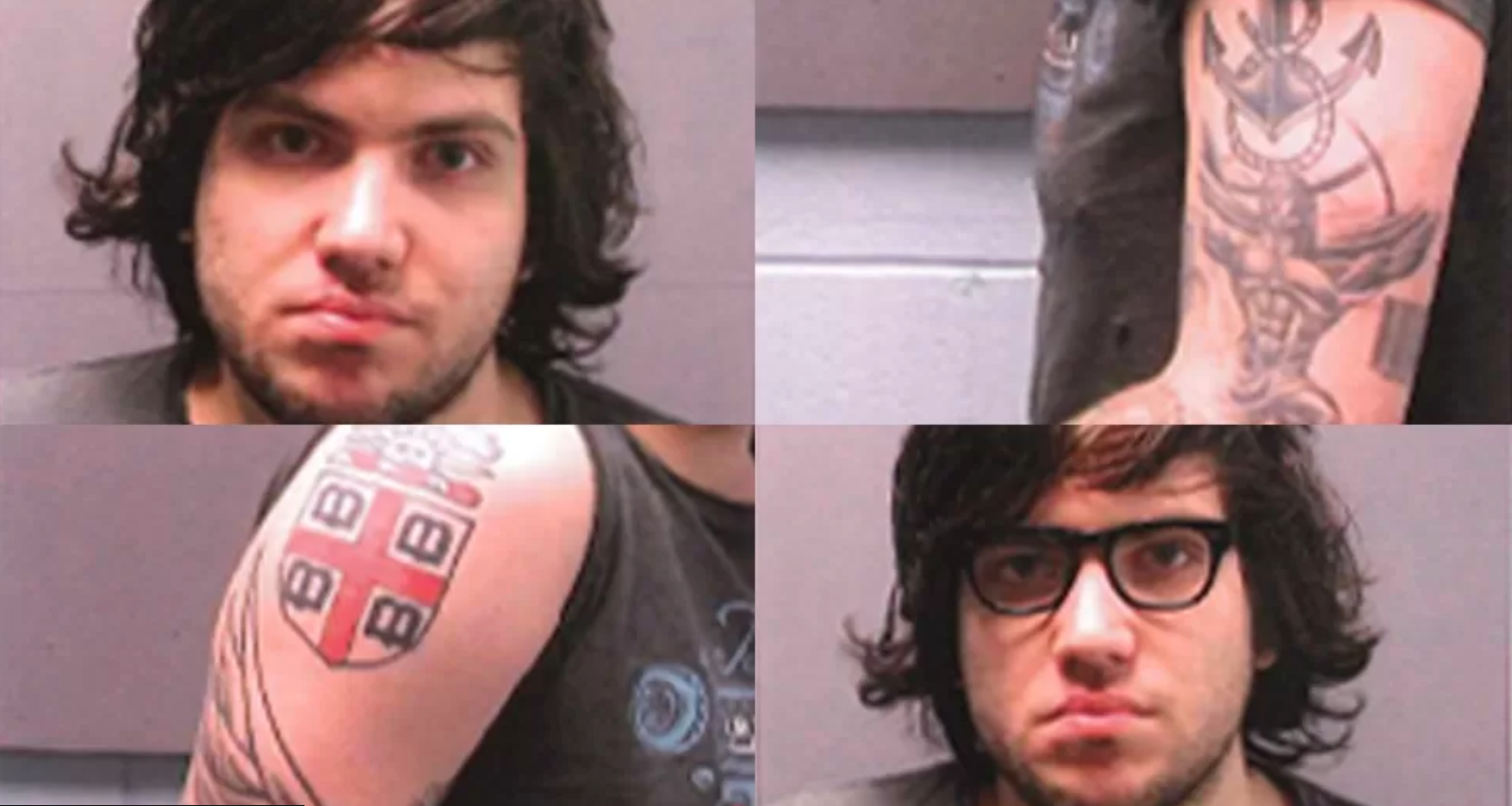
A free daily email with the biggest news stories of the day – and the best features from TheWeek.com
You are now subscribed
Your newsletter sign-up was successful
A man who has been fighting extradition to the US on the grounds of mistaken identity has been confirmed by a Scottish court to be the rape suspect Nicholas Rossi.
The attempts by the man calling himself Arthur Knight to explain why he is not a fugitive who allegedly faked his own death and fled to Scotland from the US were dismissed as “scandalous” and “entirely fanciful” at Edinburgh Sheriff Court, said Sky News.
The 35-year-old man was arrested at Glasgow’s Queen Elizabeth University Hospital last December after being accused of abusing medical staff while receiving treatment for Covid-19. Since then he has claimed he is Arthur Knight, an orphan from Ireland who has never visited the US.
The Week
Escape your echo chamber. Get the facts behind the news, plus analysis from multiple perspectives.

Sign up for The Week's Free Newsletters
From our morning news briefing to a weekly Good News Newsletter, get the best of The Week delivered directly to your inbox.
From our morning news briefing to a weekly Good News Newsletter, get the best of The Week delivered directly to your inbox.
But Edinburgh Sheriff Court has now ruled that he is Rossi, who has been sought by US authorities in relation to two rape allegations and one of sexual assault. When he was found guilty in August of abusing hospital staff, the court heard that he also goes by other names such as “Nicholas Alahverdian, Nicholas Brown, Arthur Winston Brown and Arthur Knight Brown”, said Glasgow Live.
Rossi had insisted that his own distinctive tattoos, which matched those of the US suspect being sought by Interpol, had been applied to him while he was unconscious in hospital by someone who was attempting to frame him.
He “sacked at least six lawyers” during preliminary court hearings and also claimed to have been “tortured” in prison, The Guardian said.
But at a three-day hearing in Edinburgh, Sheriff Norman McFadyen said that Rossi’s numerous name changes were “highly suspicious” and “consistent with someone who was hiding from someone or something”.
A free daily email with the biggest news stories of the day – and the best features from TheWeek.com
McFadyen also said that fingerprint and photographic evidence supported the man’s identification as Rossi, and each would have been sufficient to determine who he was, even before his tattoos were considered.
He will now face an extradition hearing in March next year and could be sent back to the US to stand trial.
-
 How the FCC’s ‘equal time’ rule works
How the FCC’s ‘equal time’ rule worksIn the Spotlight The law is at the heart of the Colbert-CBS conflict
-
 What is the endgame in the DHS shutdown?
What is the endgame in the DHS shutdown?Today’s Big Question Democrats want to rein in ICE’s immigration crackdown
-
 ‘Poor time management isn’t just an inconvenience’
‘Poor time management isn’t just an inconvenience’Instant Opinion Opinion, comment and editorials of the day
-
 Gisèle Pelicot: the case that horrified France
Gisèle Pelicot: the case that horrified FranceThe Explainer Survivor has been praised for demanding a public trial of the dozens of men accused of raping her
-
 The #MeToo movements around the world
The #MeToo movements around the worldThe Explainer French men have been sharing stories of abuse in the latest calling out of sexual assault and harassment
-
 Rape in the metaverse: a case for the real-life police?
Rape in the metaverse: a case for the real-life police?Talking Points Investigation launched into attack on girl in virtual reality game amid warnings that sexual offences 'rife' in online worlds
-
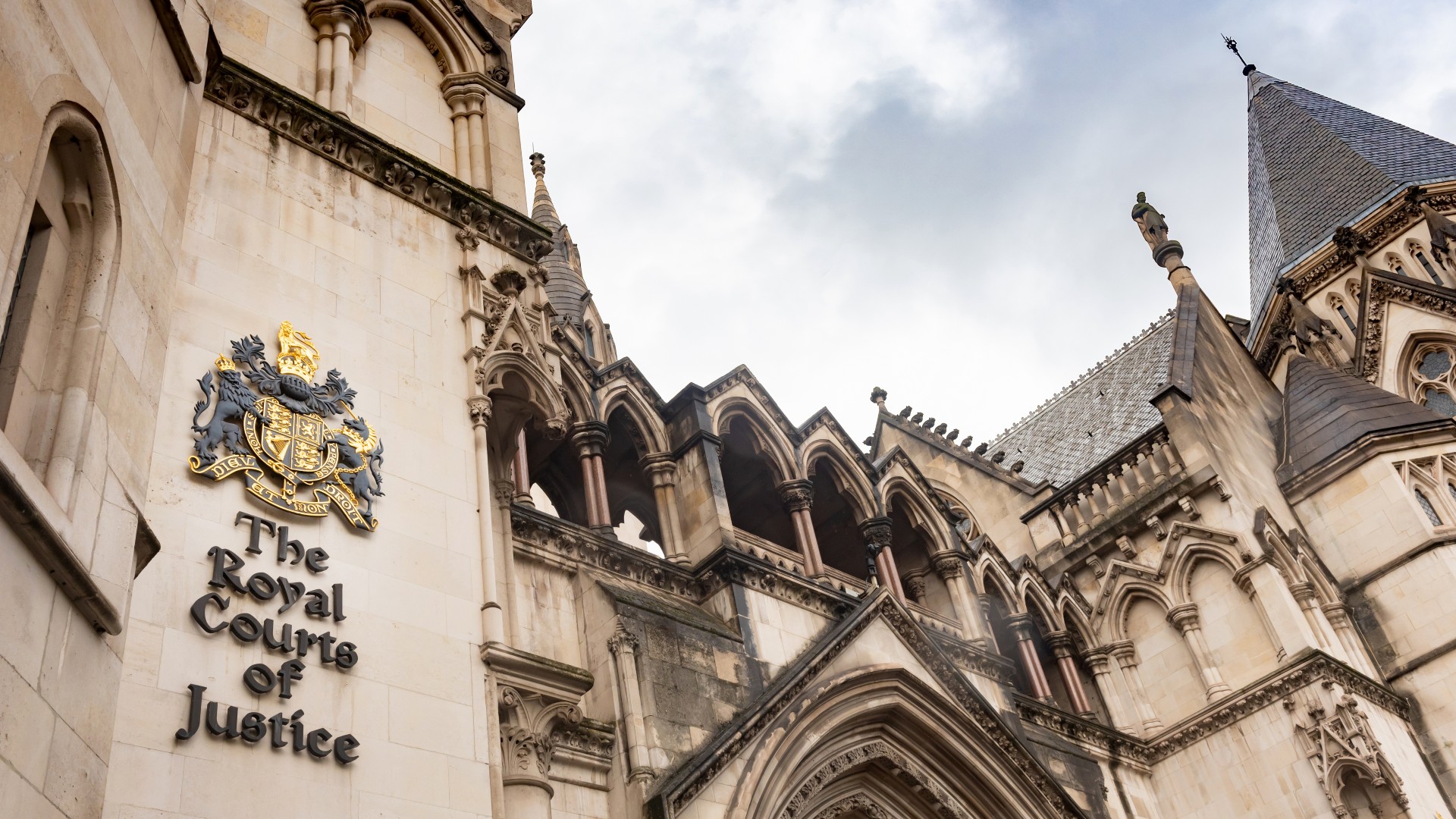 Journalists in UK courts: question of transparency?
Journalists in UK courts: question of transparency?Under the radar Proposed changes to justice system include excluding reporters from rape and sexual assault trials
-
 Russell Brand: trial by media?
Russell Brand: trial by media?Comedian denies accusations of sexual assault and rape in joint media investigation
-
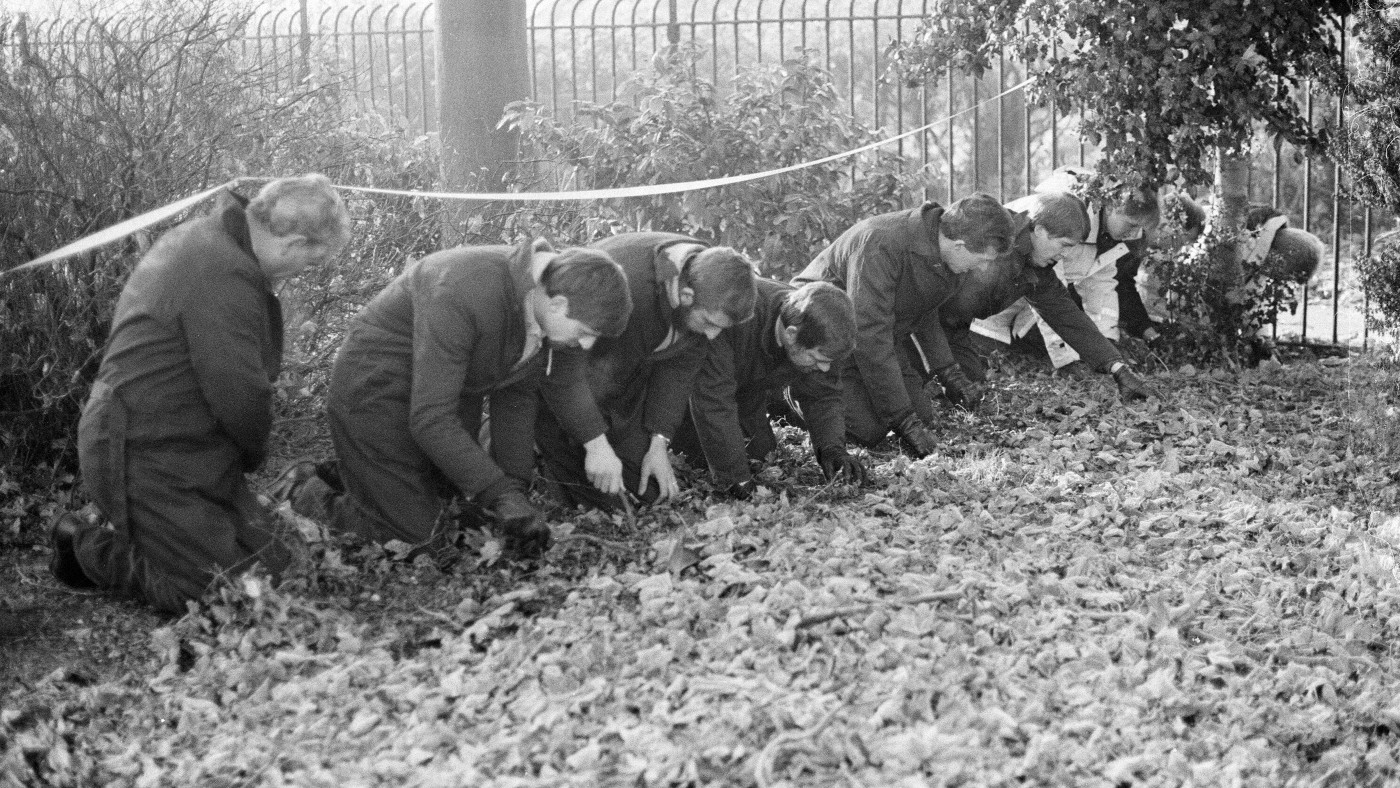 Colin Pitchfork: justice secretary attempts to halt killer’s release
Colin Pitchfork: justice secretary attempts to halt killer’s releaseSpeed Read The double child-murderer has been in and out of prison following a series of parole decisions
-
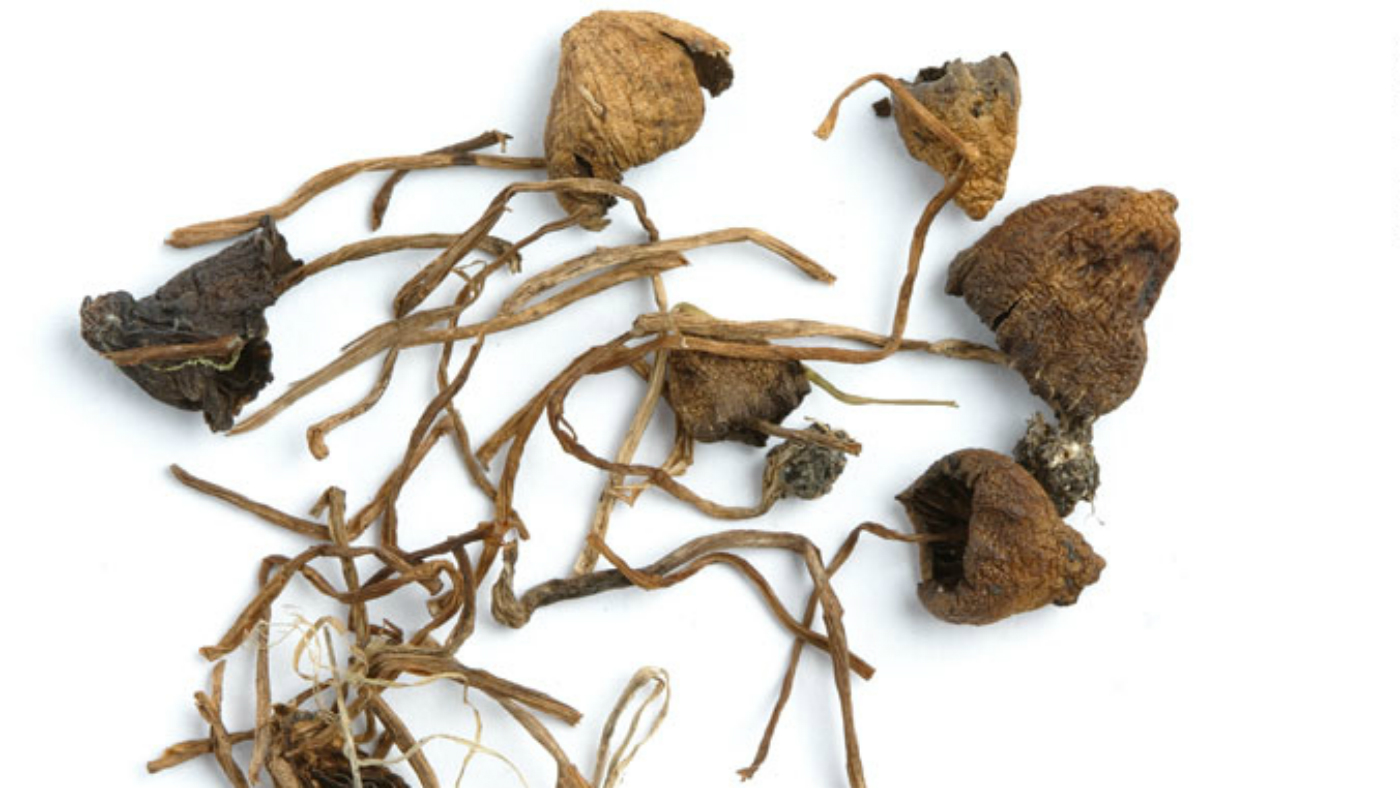 Rescuers save mountain climbers high on magic mushrooms
Rescuers save mountain climbers high on magic mushroomsfeature And other stories from the stranger side of life
-
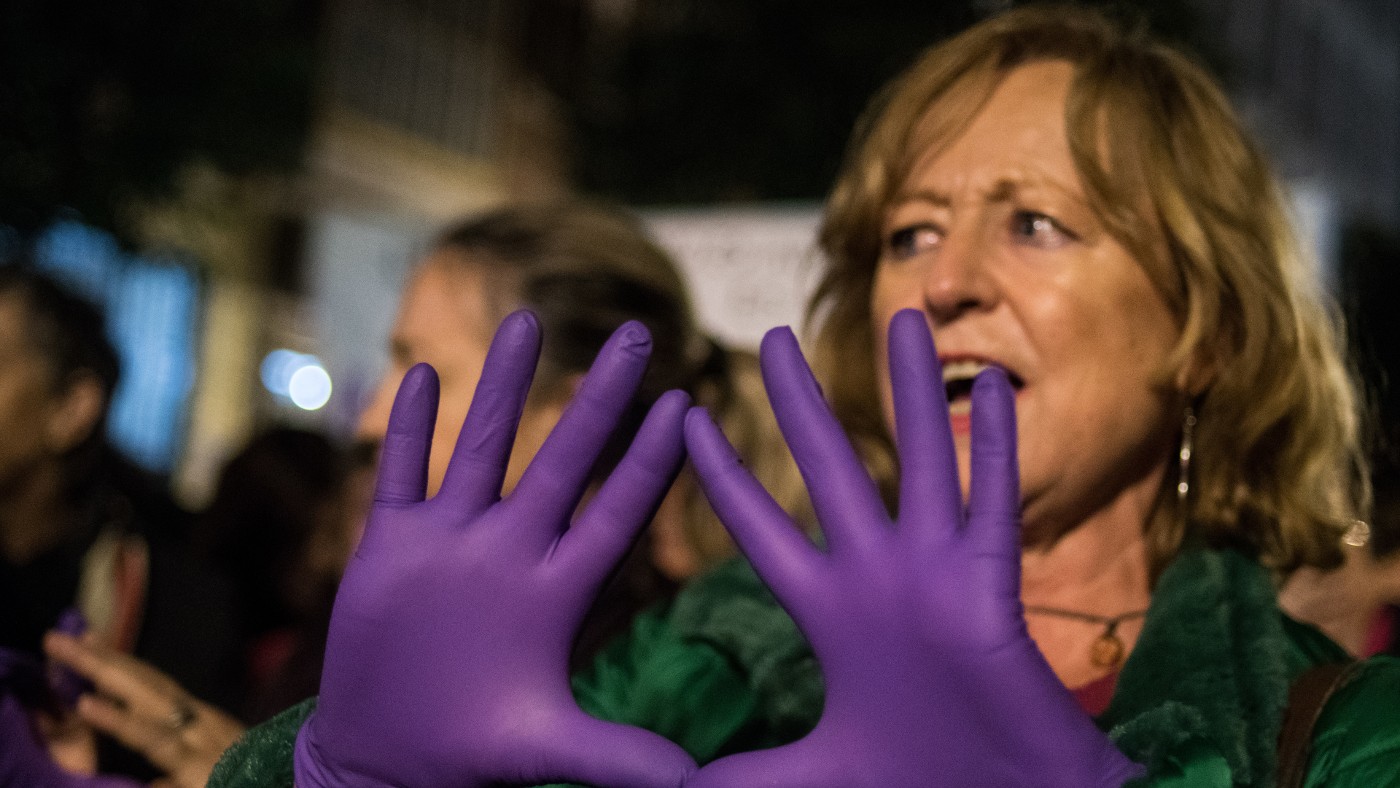 ‘Only yes means yes’: Spain’s new sexual consent law
‘Only yes means yes’: Spain’s new sexual consent lawfeature Legislation follows outcry over gang-rape case which made global headlines in 2016